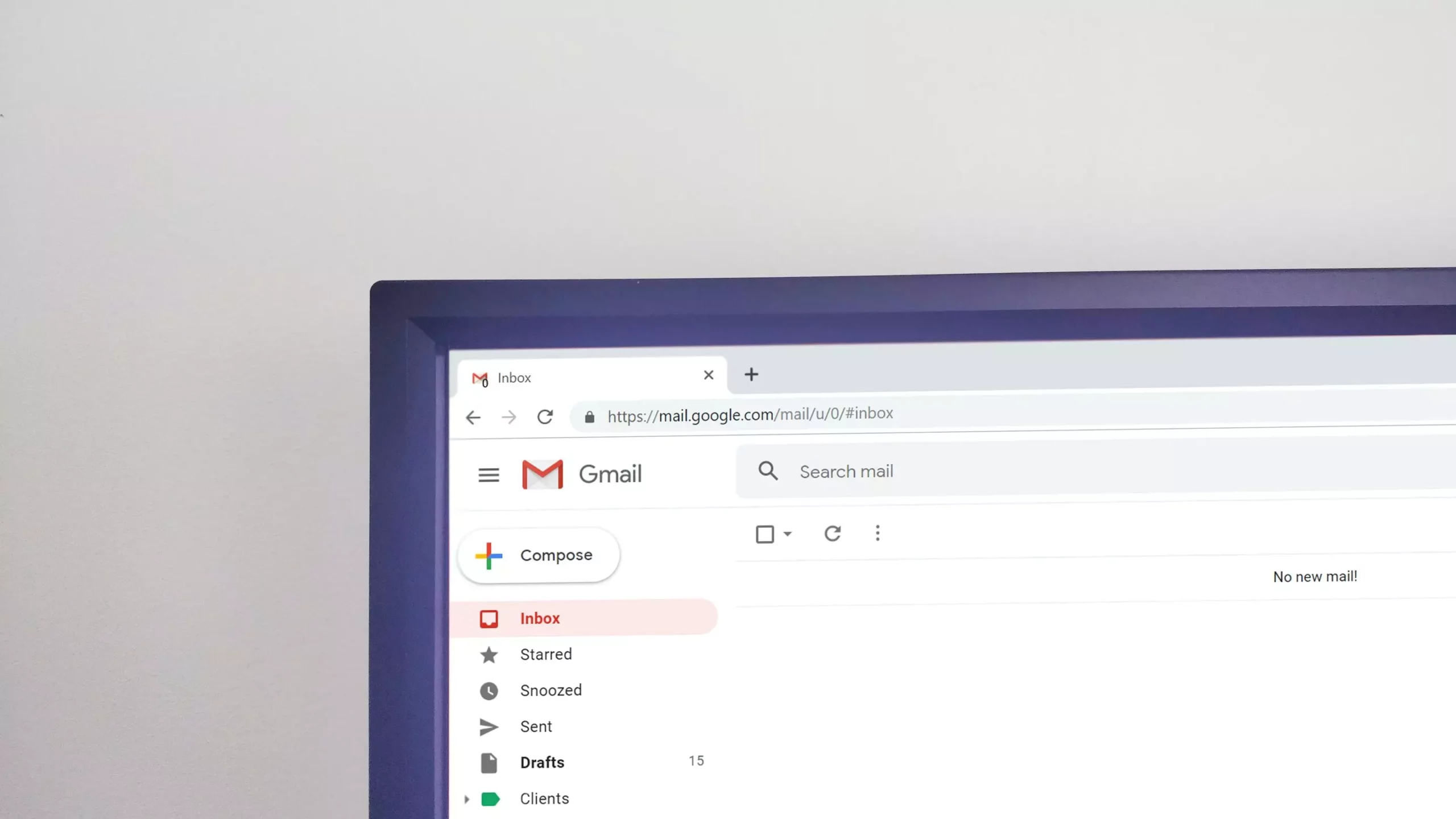Google has recently implemented measures to restrict third-party cookies for some users of its popular web browser, Chrome. This move marks a significant step towards the eventual elimination of these files, which have long been a source of concern for privacy advocates. However, Google emphasizes that the complete removal of third-party cookies will require approval from Britain’s Competition and Markets Authority, as they assess the impact on other businesses. In a blog post, the company stated that the restriction of third-party cookies will initially apply to one percent of Chrome users for testing purposes, gradually expanding to cover all users by the third quarter of 2024.
The use of cookies, which are small files used to track web navigation and personalize advertising, has faced mounting regulatory scrutiny in recent years. The implementation of the European Union’s General Data Protection Regulation (GDPR) in 2016, along with similar regulations in California, has compelled companies to enhance their data protection practices. Third-party cookies, specifically those placed by visited websites rather than the browser itself, have been at the center of this privacy debate.
Google announced its intention to eliminate third-party cookies in January 2020, outlining a two-year timeline to achieve this goal. However, the starting date has been delayed multiple times. The company has been developing an alternative system for Chrome known as Federated Learning of Cohorts (FLoC). Unlike individual user tracking, FLoC operates by grouping hundreds or thousands of people into audience segments, thereby preserving user privacy while still enabling targeted advertising.
The growing concerns surrounding data privacy have prompted industry leaders, like Google, to take action. By limiting the use of third-party cookies, the company aims to address privacy issues and alleviate potential consumer anxieties. However, critics argue that this approach merely shifts the tracking responsibility from cookies to alternative technologies, potentially creating new privacy concerns or exploitation risks. Furthermore, the impact on businesses heavily reliant on third-party cookies for targeted advertising remains uncertain, as their effectiveness and profitability may be compromised.
In recognition of the potential implications for the digital advertising industry, Google has committed to seeking approval from Britain’s Competition and Markets Authority before fully phasing out third-party cookies. This measure ensures that the interests of other businesses are taken into account and that competition within the market is not disproportionately affected. The decision will likely hinge on a delicate balance between privacy protection and maintaining a fair and competitive digital advertising ecosystem.
While Google’s step towards limiting third-party cookies in Chrome is a significant development, this is just the beginning of a broader industry-wide shift towards enhanced data privacy and consumer protection. The gradual elimination of third-party cookies is expected to reshape the digital advertising landscape, prompting businesses to explore new targeting methodologies and advertising strategies. As technology evolves, collaboration between industry stakeholders, regulators, and consumers will be crucial to strike the right balance between privacy and innovation.


Leave a Reply